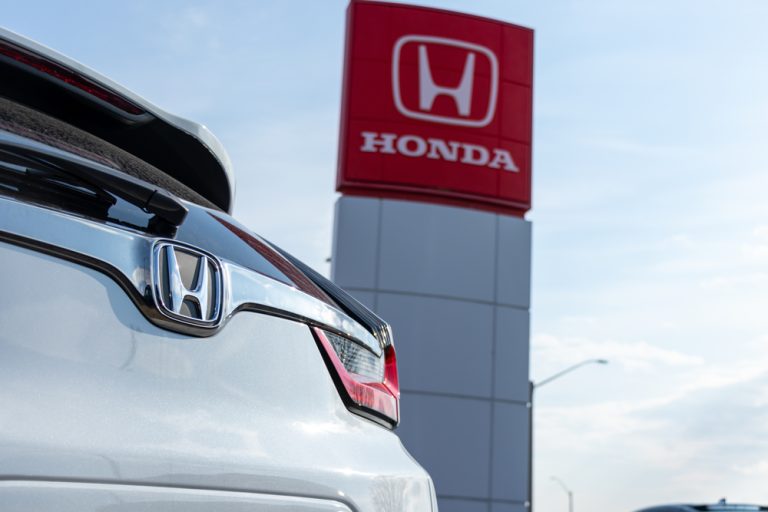A Promising Deal Falls Apart
The long-rumored Honda-Nissan-Mitsubishi merger that could have created a Japanese auto superpower has officially collapsed. Honda confirmed today that merger discussions have ended, dashing hopes of a joint effort to compete against the rising dominance of Chinese car manufacturers.
Why the Deal Broke Down
While Mitsubishi had already exited the talks in early February, optimism remained that Honda and Nissan would continue working towards a major consolidation. However, the negotiations hit an impasse when Honda reportedly shifted its stance, pushing to become a majority shareholder rather than an equal partner. Nissan, unwilling to become a subsidiary, walked away.
In its official statement, Honda confirmed:
“After careful consideration, we have decided not to proceed with further consolidation discussions with Nissan. However, our collaboration on electric vehicle development remains intact.”
Nissan also issued its own response, stating that Honda’s push for a controlling stake led to the breakdown in negotiations.
What Could Have Been
Had the merger succeeded, the combined company—nicknamed by some as “Nonda” or “Hossan”—would have immediately joined the ranks of the top five global automakers, with an estimated valuation of $60 billion. The deal was seen as a potential game-changer for the Japanese car industry, providing much-needed scale to counter competition from Chinese EV manufacturers and global giants like Tesla.
What’s Next for Honda and Nissan?
Despite the failed merger, Honda and Nissan have both expressed their commitment to continuing joint electric vehicle (EV) projects. This partnership will still help them compete in the rapidly evolving auto market, even if they won’t be merging into a single entity.
Meanwhile, Nissan has outlined an independent plan to restructure its business:
- Seeking new strategic partners outside of Japan
- Reducing global workforce as part of cost-cutting efforts
- Focusing on internal consolidation and streamlining operations
The company has promised an additional update in the coming weeks, as it works to strengthen its position in the automotive market.
Conclusion
While the collapse of the Honda-Nissan merger marks the end of a bold vision for Japanese auto manufacturing, both companies remain key players in the industry. With their EV partnership still intact and Nissan focusing on internal restructuring, the race to compete with China’s growing car dominance continues—just without the creation of a Japanese MegaCorp.


